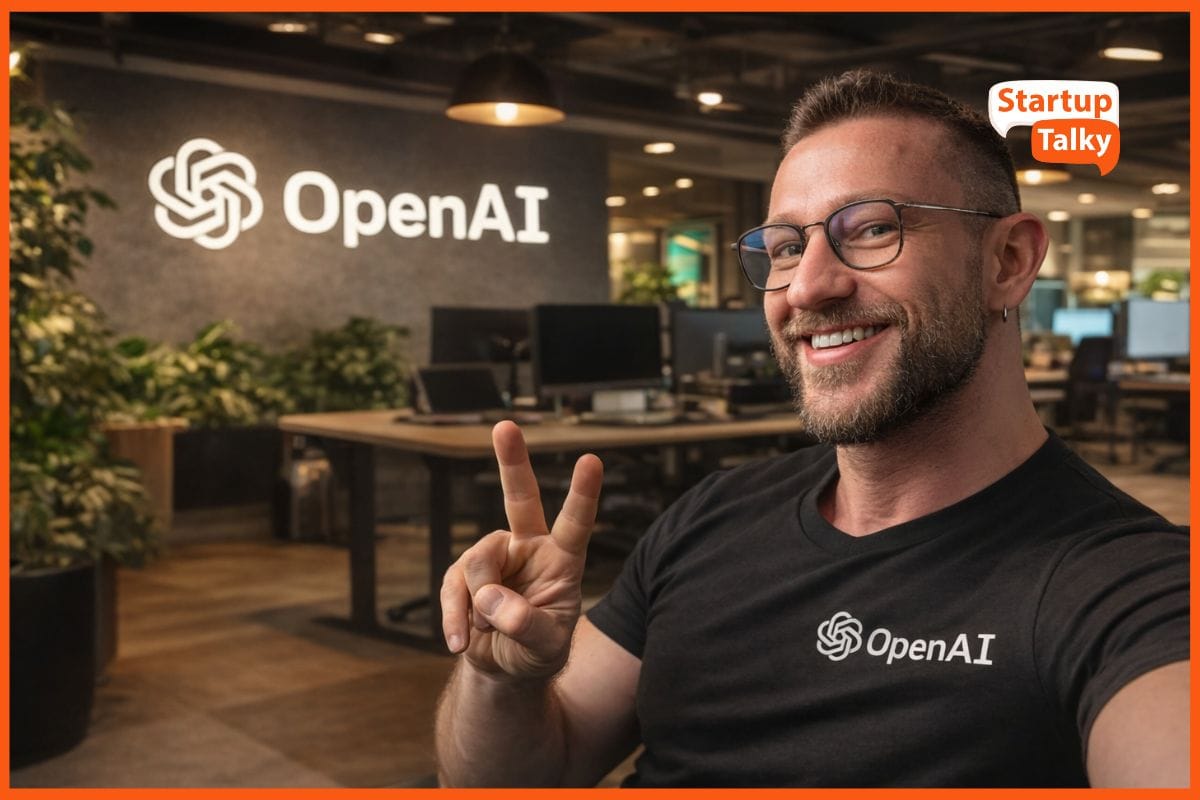The New Frontier for HR: Human Centricity Fueled by Digital, and Technological Innovations
🔍Insights
The Article is contributed By Banu Balu, Human Resource, Msystechnologies
In the wake of the COVID-19 pandemic, the role of HR has become momentous in defining and deciding the future readiness and growth trajectories of organizations. By taking care of employee sustenance, work environment, and cultural gamut and creating value for employees and stakeholders alike, the traditional face of HR has escalated to new frontiers. This recent reinvention of conventional HR approaches and ideologies is evident in the human-centricity element becoming more profound than ever before vis-à-vis the emergence of more compassionate and empathetic approaches to employee engagement, retention, and advancement.
Asynchronous hiring has evolved as a trend for many organizations in the past few years. However, such models have only made the role of HR more significant. Transcending beyond the traditional roles around hiring and staffing, policy-making, and policing the employees, the modern HR competency spectrum has expanded to include evolved functions that are being augmented by digital and technological innovations to become more consequential in nature.
Indeed, the more turbulent times and agnostic forces that emerged due to the pandemic have been challenging. The world grappled with the challenges of ‘The Great Resignation’ layoffs, and hybrid and remote work models. However, amidst all the challenges, HR management professionals have explored opportunities. They have commendably arisen against adversities & evolved tremendously, shaping more resilient and engaging HR trends and gratifying workplaces of the future.
Within a knowledge-based economy, as new skill sets and roles are being created and disrupted every day at a rapid pace, the role of HR becomes preeminent to stabilize the unprecedented volatility in the global job market, as is evident from an ingenious quotation from LinkedIn CEO Ryan Roslansky, “…even if you are not changing your job, your job is most likely changing on you.”
73% of employees rely on their employer to prepare for a future-ready workplace, and HR professionals play an indispensable role in making this happen.
The modern HR outlook is focused on building accountable and strategic partnerships with organizations, propelling them to re-engineer excellence by gravitating focus on learning and development, delivering quality, and doing some exceptional teamwork.
Digital HR
It is undeniable that digitization has impacted the functioning of businesses at regular intervals. To reap the benefits of the digital era, it is part of the organization’s culture to enable people to accomplish work in a more efficient and productive manner.

Taking a step back, let's first define what Digital HR means. Digital HR is the process of optimizing HR processes to make them more automated, data-driven, and technologically advanced. As HR processes become more efficient, SMAC (social media, mobile, analytics, and cloud) technologies will play a bigger role in digitalization. The HR department can create a seamless employee experience through apps, artificial intelligence, and bots.
In terms of the impact digital transformation has had on Human Resources, it has brought about a tectonic shift in the role HR plays within an organization. It is now a dual challenge for HR teams that they must transform both their own modus operandi and the workplace in general. Rather than being a mere support department, HR must be a visionary within the company who leads wider digital transformation programs.
In order to ensure employee training or recruitment of the best candidate for the organization, the HR along with the Manager must see the bigger picture. For them to achieve this, they need to be aware of the most recent digital tools that will guarantee positive results. The impact of technologically sophisticated HR leaders on business results and employee satisfaction is likely to be significant if they keep an open mind to new platforms and ways of working. Achieving a digital workplace is the responsibility of HR leaders, who need to bring talent together with innovative approaches to enhance employee and customer experience.
As the business sphere continues to undergo a digital transformation, companies should align their strategic vision with HRM philosophy. Digital technologies are transforming HR processes in all areas, as they prove to be helpful tools in enhancing HRM efficiency and effectiveness. Regardless, a proper combination of HRM practices and organizational culture is crucial to cope with a much more complex environment and competition.
Digital technologies must be integrated into HR policies and practices in order to benefit all employees and must not only be evaluated in terms of their effectiveness and efficiency, but also in terms of perceived equity and fairness.
How Traditional HR is evolving to meet the needs of the modern workforce where our employees are engaged, connected, and inspired to contribute towards organizational excellence & is based on the following core principles:
1. Organizational business partners
This involves ensuring that all HR processes are aligned with the overall business strategy and that employees can achieve their full potential through practical training and development programs.
2. Data-driven decision making
This means working closely with senior management to identify and address critical business issues and supporting decision-making.
3. Optimized operations
This includes using technology to automate routine tasks, such as payroll and employee onboarding, to improve efficiency.
4. Championing employee engagement
This entails creating a positive work environment that encourages employees to be actively involved in their work and contribute to their team’s success.
5. Shaping a more progressive, inclusive, diverse, and resilient work culture
This incorporates promoting diversity and inclusion in all aspects of the workplace and creating training programs that help employees deal with challenging situations.
6. Prioritizing holistic well-being and growth of employees
This includes implementing wellness programs that promote physical and emotional health and offering opportunities for professional growth and development to help employees reach the zenith of success within the organizational pyramid.
Conclusion
Digital and technological innovations have changed the way we live, work, and do business and even how human resources (HR) functions operate. To stay ahead of the curve and enable their people to be successful in this new environment, HR leaders must embrace human centricity, placing people at the hearts of the organizations.
There has been a paradigm shift in the status quo of traditional HR as HR roles have evolved to bridge the gap between vital operations within the organization and how the organization is seen, perceived, received, and reciprocated by the external world.
The advancement of HR capabilities augments an organization's omnichannel reputation management - holistically elevating its value in the eyes of customers, investors, stakeholders, and employees.
Organizations adopting these radical changes will be well-positioned for success in the years ahead.
Must have tools for startups - Recommended by StartupTalky
- Convert Visitors into Leads- SeizeLead
- Website Builder SquareSpace
- Run your business Smoothly Systeme.io
- Stock Images Shutterstock





